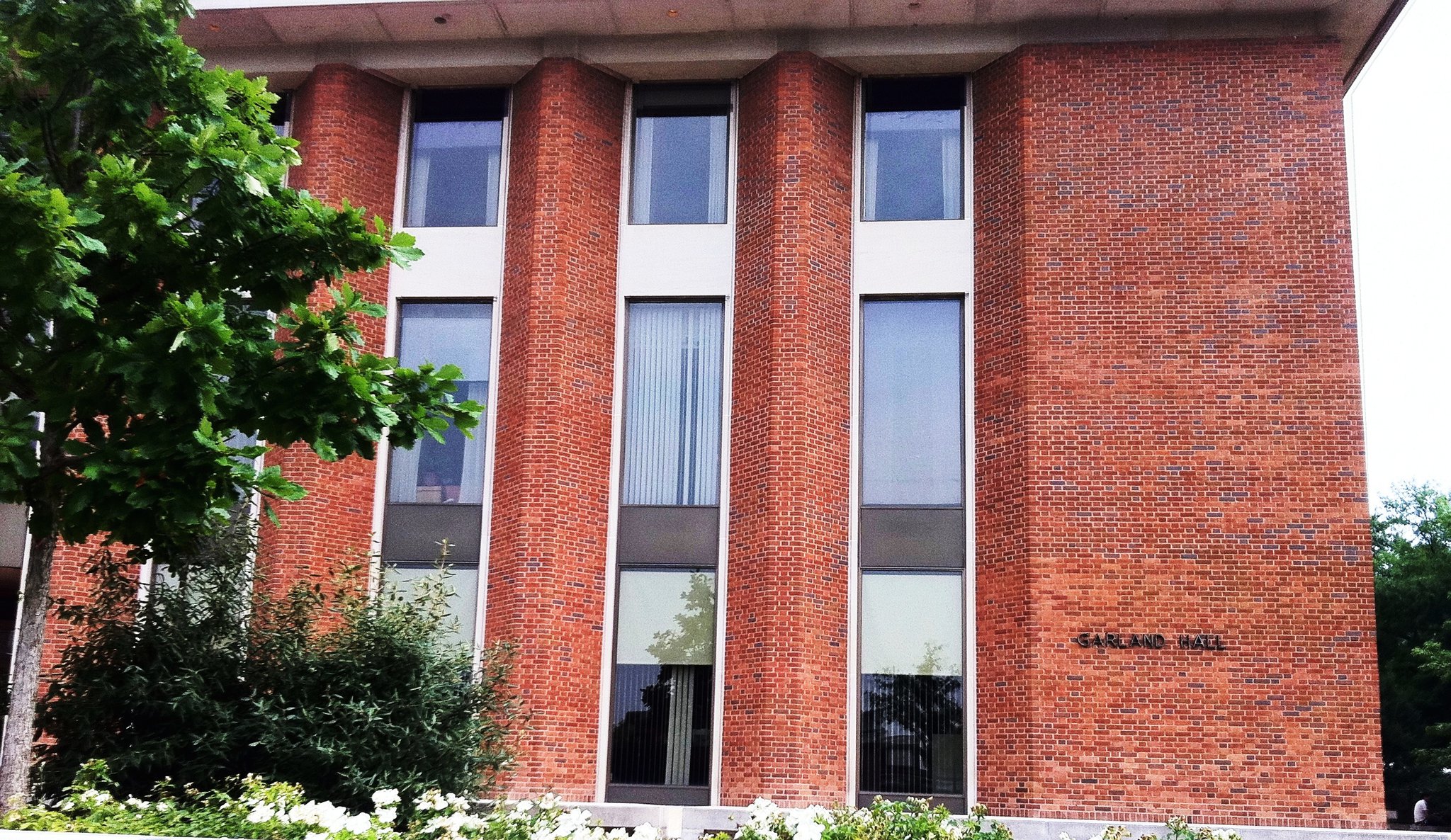“The most potent predictor of sexual harassment is organizational climate” (NAS report, x).
Those of us who advise graduate students are powerfully positioned to rethink and reorient our academic organizational climate.
We encourage you to share the notes below with your colleagues and department chair. Also, faculty (all ranks, all genders) are invited to continue the discussion at coffee hour Wed 11/28/18 from 8:30-10:30 at the Hopkins Club.
Related sources (these were on the discussion table at Where We Stand, along with Vision 2020, the 2017 Report Card, and the NAS report):
- Lucy Taylor, “Twenty Things I Wish I’d Known When I Started my PhD” (Nature)
- Mentoring Grad Students: Advising Statements (Chronicle)
- Drew Daniel on vulnerability and responsibility for advisors, particularly in the humanities job market (bullyblogger)
- “How a Department Took on the Next Frontier in the #MeToo Movement” (Chronicle)
- K.A. Amienne, “Abusers and Enablers in Faculty Culture” (Chronicle)
- Andrea Long Chu, “I Worked with Avital Ronell. I Believe her Accuser.” (Chronicle)
Ideas from the DLC and Where We Stand events on how to get this moving at JHU:
Ways to restructure advising/mentoring relationships:
- Train us on how to advise/mentor
- In person training (around sexual harassment or discrimination, for example)—not online
- Provide mentoring committees for people at all stages
- Set up a peer mentoring network – advanced grad students working with grad students earlier in their careers
- Offer more money to junior people, like postdocs and grad students, so they depend less on their PI
- Provide students with mentoring from faculty outside the thesis committee
- Give PhD candidates not just one but two supervisors; be sure there is more than one person that a grad student or postdoc could go to
- Create safe harbor committees by discipline
- Create a department ombundsman to go to, someone who would not be writing letter of rec
- Think of creative ways to implement accountability for faculty. Take away money in response to bad behavior?
- Back away to say, this is everybody’s work and everybody’s responsibility
Ways to conduct advising/mentoring relationships:
- Have open discussions with students during orientation to address certain gender differences between the faculty and student groups
- Have an open conversation with our advisees about expectations and roles—but not written as a contract. Instead, make it a flexible document to get conversations going
- Have conversations about roles, typical paths, power dynamics, and so on that normalize the discussion
- Conduct 360-degree evaluations for faculty
- Assess mentors/advisors—this is a key part of their job, for which they should be accountable
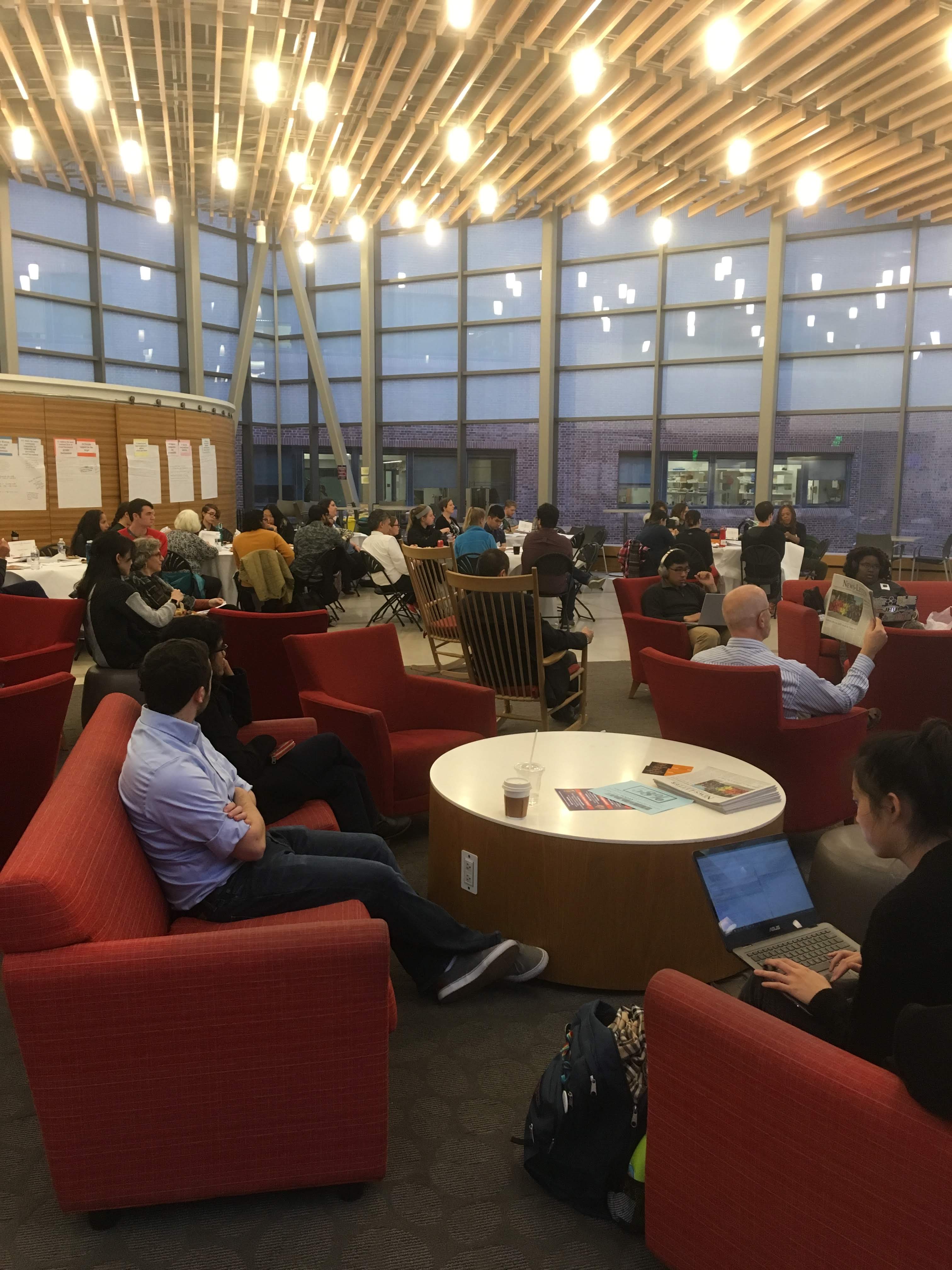
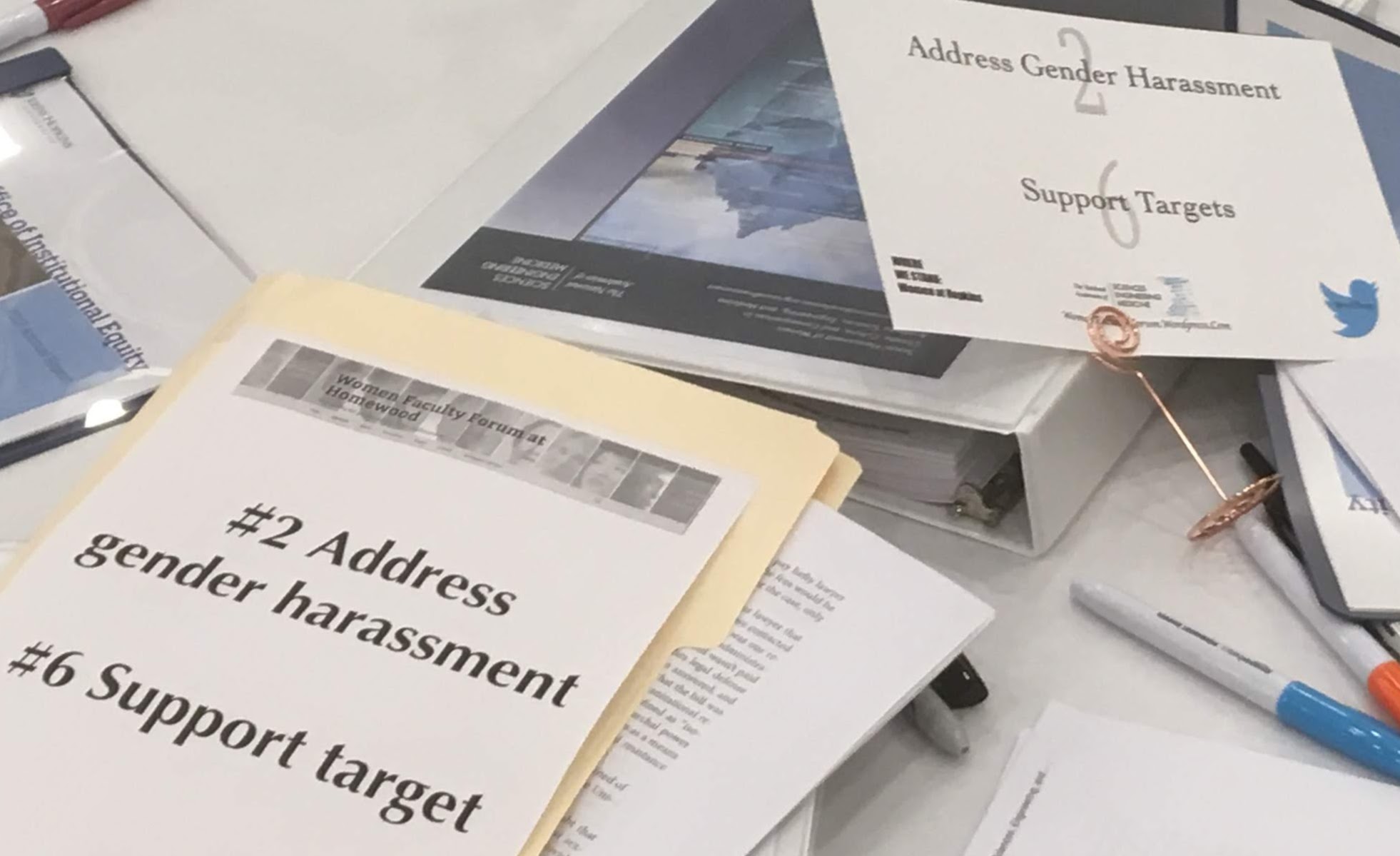
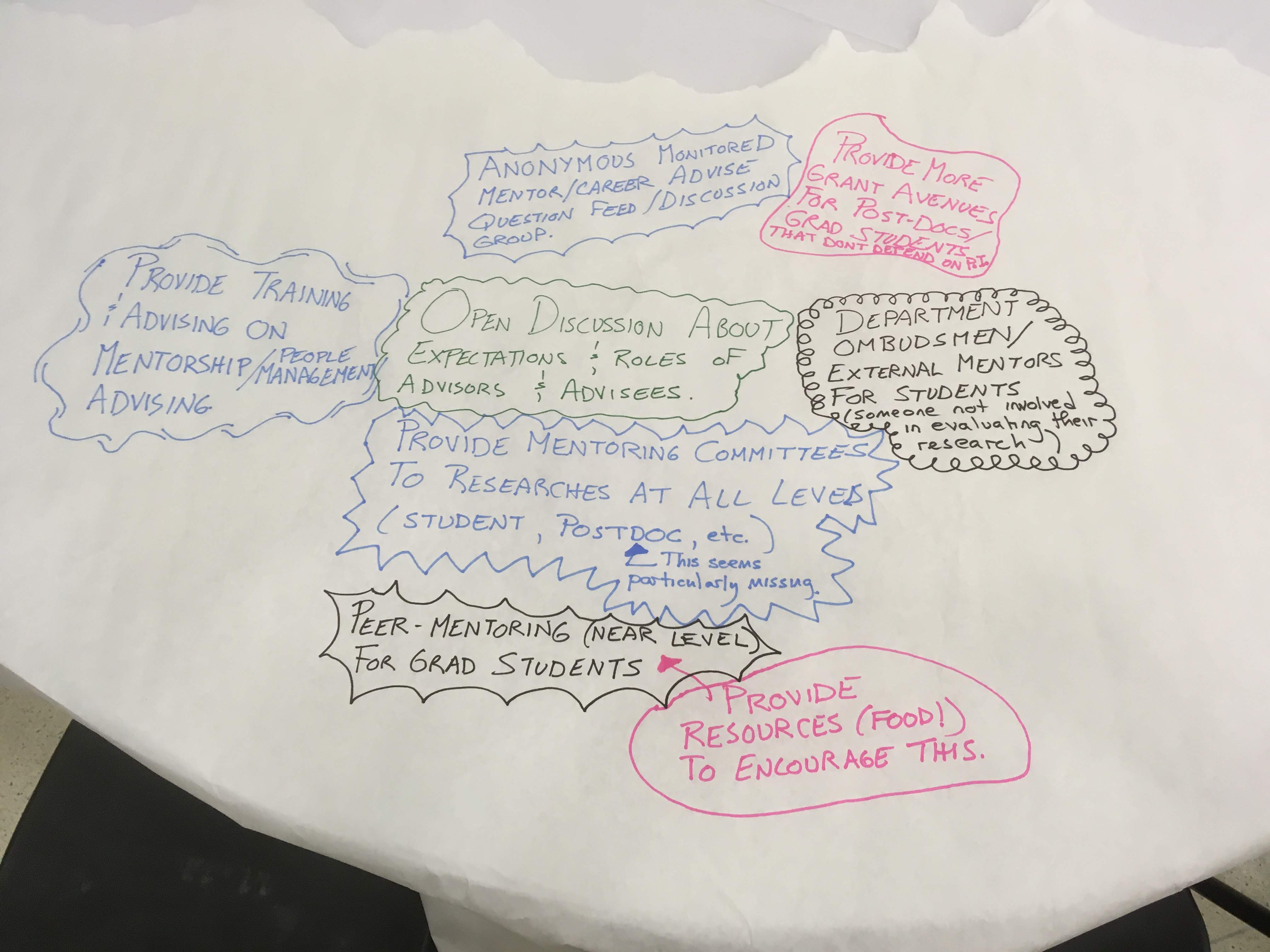
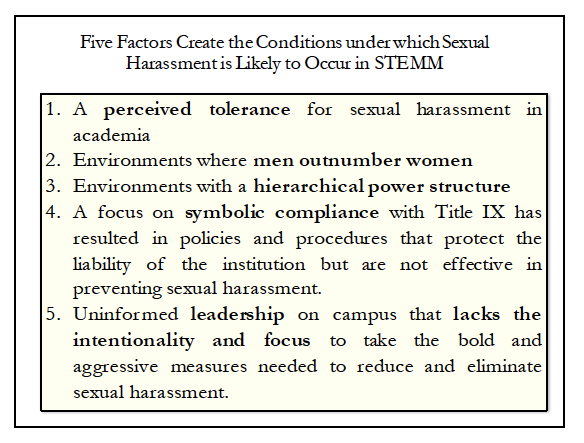
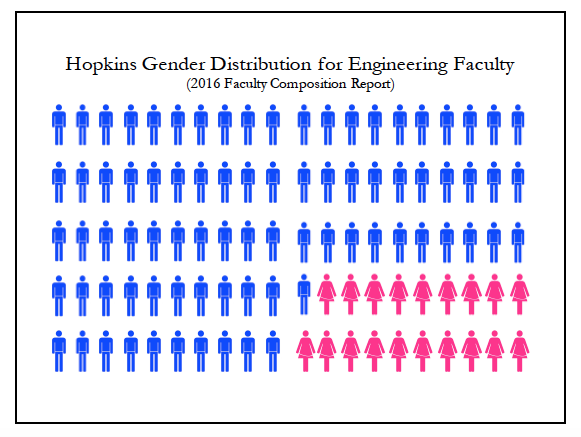
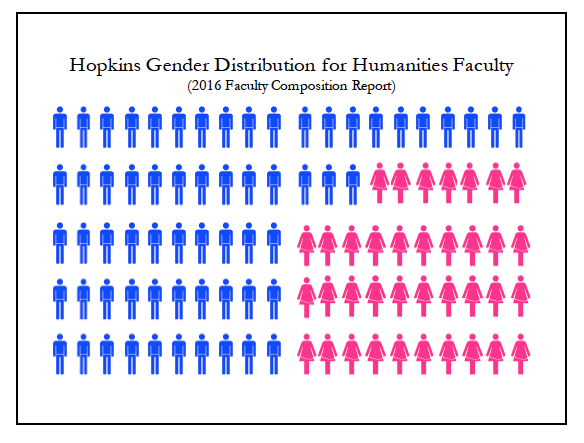
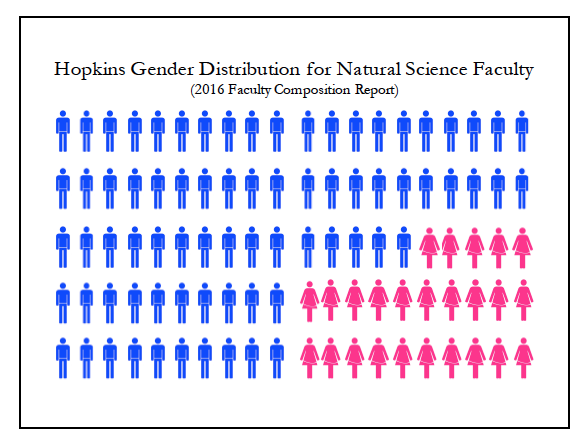
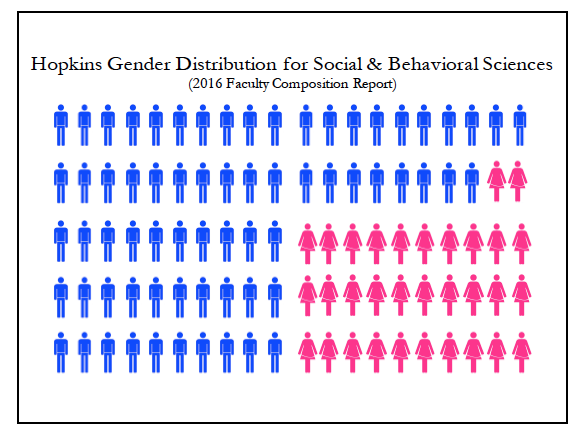
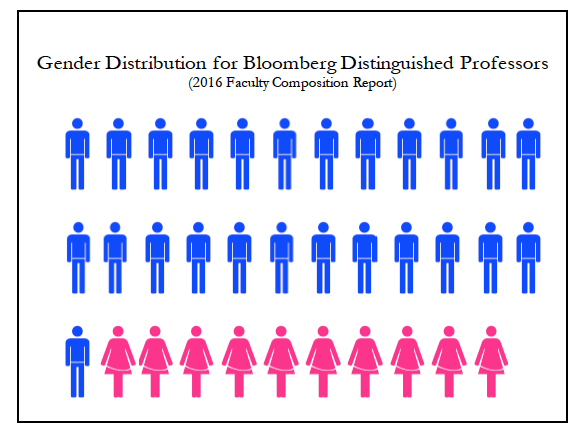

 We are delighted to invite Homewood faculty of all ranks and all genders to join a coffee hour discussion about graduate student advising! (So far we’ve posted about this topic
We are delighted to invite Homewood faculty of all ranks and all genders to join a coffee hour discussion about graduate student advising! (So far we’ve posted about this topic 